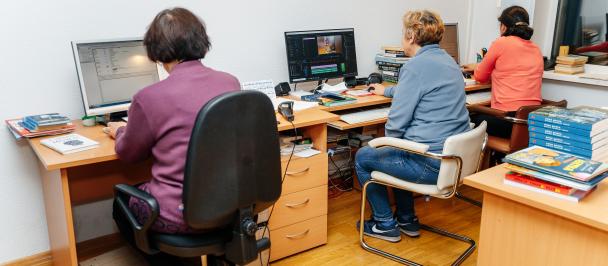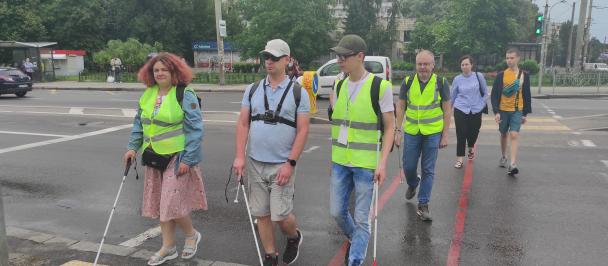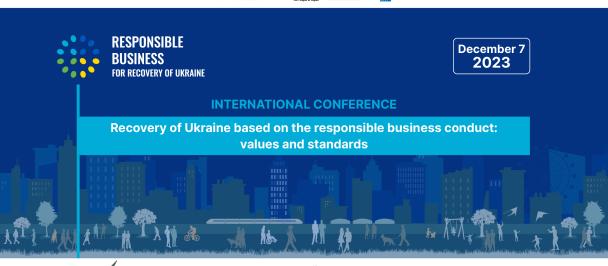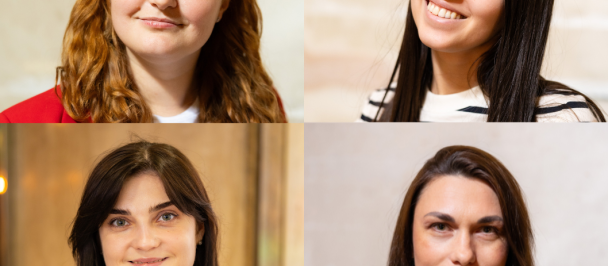UNDP’s renewable energy training continues
May 25, 2022
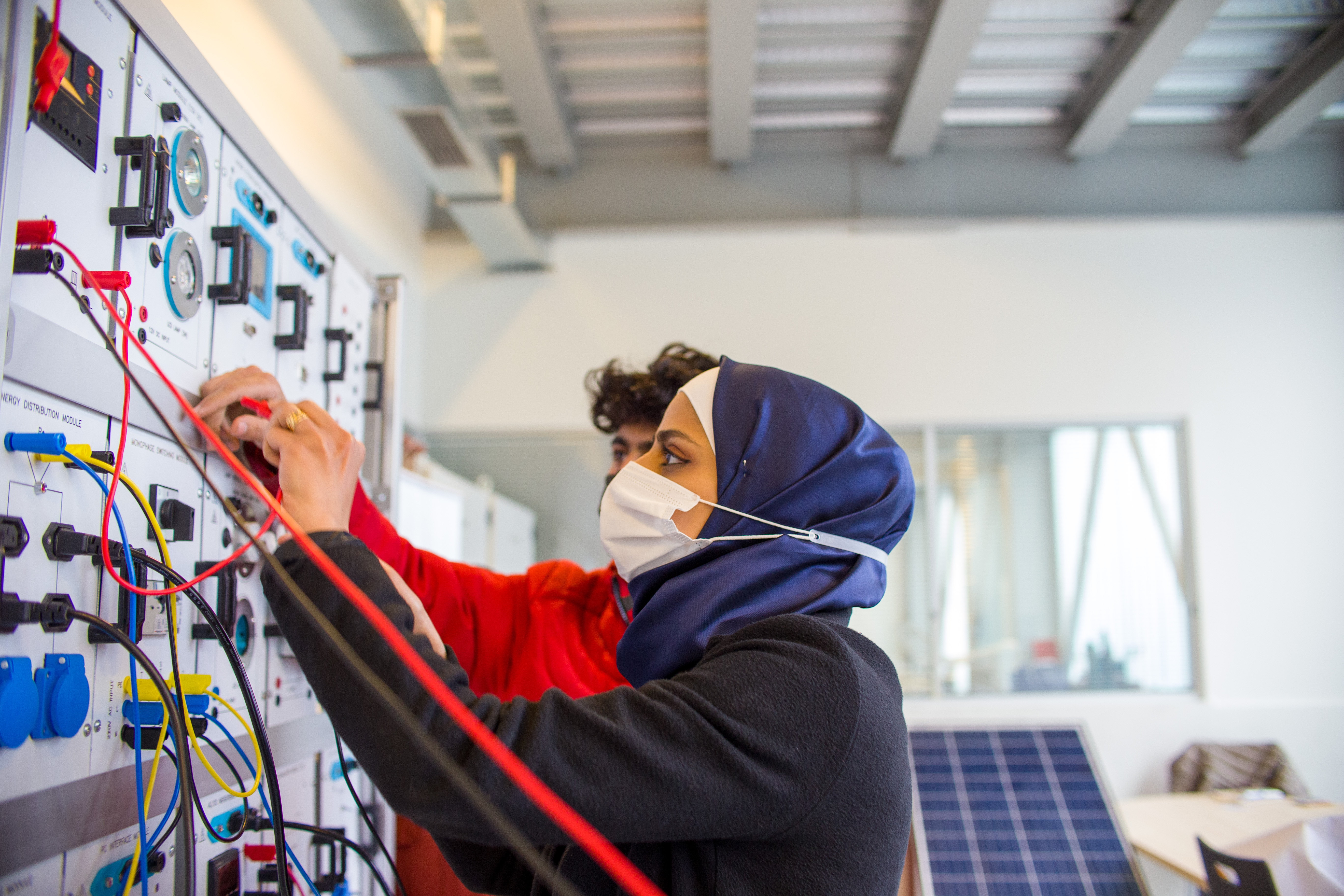
The applied vocational and technical training programme, designed to eliminate the gap of subprofessionals in the renewable energy sector while supporting participants to gain new skills and access employment opportunities, is a hybrid programme covering both solar and wind energy.
166 trainees in 6 provinces completed the pioneer training programme on wind and solar energy with new educational technologies
United Nations Development Programme (UNDP) implements a training programme in the field of renewable energy for Syrians under temporary protection and host community members in Turkey in partnership with the Ministry of National Education (MoNE) General Directorate of Lifelong Learning. In 2022, a new blended learning modality that combines online and face-to-face training is used in the programme, and the courses with this new modality were held from 14 February to 8 April 2022. 166 trainees from 6 provinces completed the programme successfully and entitled to receive internationally valid Europass certificate.
The applied vocational and technical training programme, designed to eliminate the gap of subprofessionals in the renewable energy sector while supporting participants to gain new skills and access employment opportunities, is a hybrid programme covering both solar and wind energy. The content focuses on the installation, maintenance, and repair of existing equipment and systems.
The 247-hour course programme, launched in March 2021 for 500 trainees, used to proceed face-to-face in 5 provinces, namely Bursa, Kocaeli, Konya, Hatay, and Mersin. In 2022, Istanbul was included in the programme for a target of 1,000 trainees. Also, as a result of the comprehensive work undertaken in partnership with academicians from Anadolu University, UNDP and MoNE decided that 103 hours of training that covered theoretical knowledge would be embedded in digital content to be accessed outside the classroom.
With the new “blended learning modality”, trainees can access theoretical information online and offline before and after the in-class sessions. The content can be viewed anytime and as many times as wanted, thus allowing the trainees to adjust their learning time and pace accordingly. The system “flipped classroom”, implemented with the new modality enables to devote more time in class for discussion and exercises as higher-order skills to use class time more efficiently. The new system positions the trainer as a “guide” rather than the conventional role of narrator and helps trainees acquire another important skill by supporting their digital literacy.
In the framework of the studies with Anadolu University, a comprehensive manual was also prepared as a step-by-step guide for trainers to ensure that course programmes in all provinces would be carried out with the same standards. The digital system would enable trainers to monitor trainees, and MoNE and UNDP to monitor trainers, and lay down the daily course programme in detail.
For the first time, one of the 2,750 vocational course programmes under the General Directorate of Lifelong Learning, was adapted to the blended learning modality. The programme, in which trainees and trainers are brought together with new educational technologies, is expected to be a pioneer for other programmes. The Occupational Health and Safety Module, which is prepared completely online within the course programme, can be added to other vocational courses of MoNE.
Funded with US$2.3 million by the Republic of Korea, the initiative is a part of UNDP Turkey’s portfolio aiming to improve access to labour markets, strengthen livelihoods, enhance public services, and build social cohesion in order ultimately to enhance the self-reliance of Syrian refugees and the resilience of host communities.

 Locations
Locations